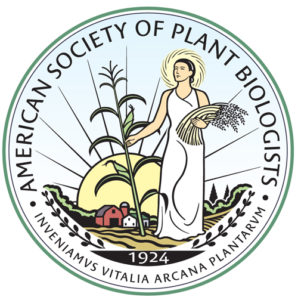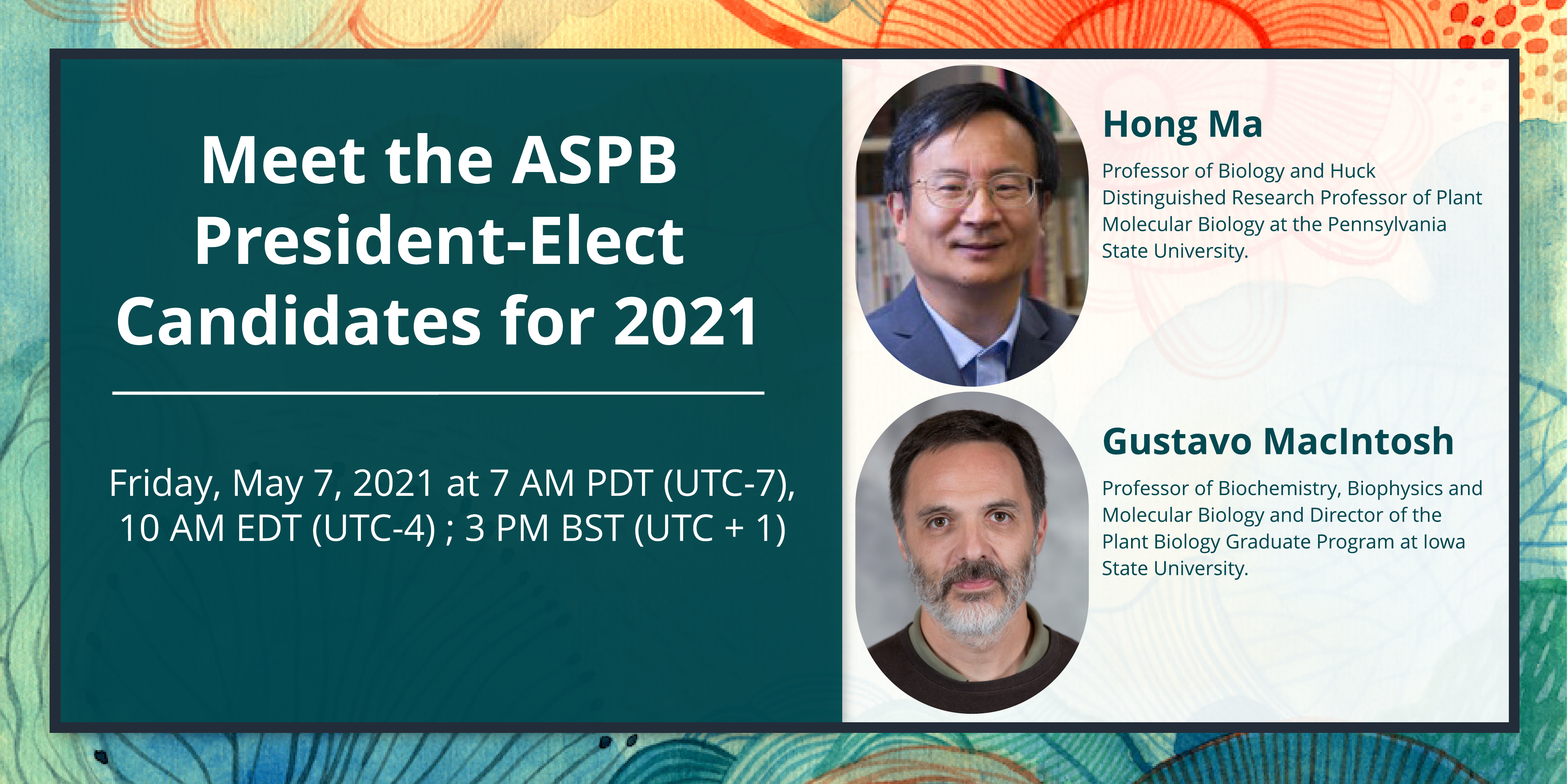Recognizing Brian Larkins
Brian Larkins, a career-long ASPP/ASPB member and former Society president, Editor-in-Chief of The Plant Cell, architect of our Centennial fundraising successes, and editor of the recently published update to ASPB’s history, let us know last week that he was suffering from an incurable blood disease and had decided to enter hospice care. Amidst our grief … Read more


